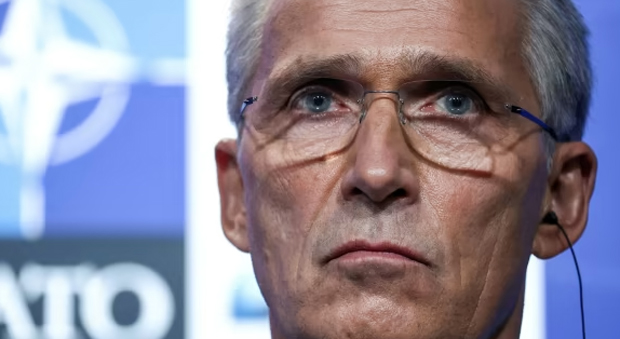Once hailed as a leader in renewable energy, Germany now grapples with an escalating energy crisis that jeopardizes its economy, environmental goals, and standing in Europe.
The nation’s bold and short sited shift to renewables has exposed critical vulnerabilities in its energy system—particularly its dependence on intermittent power sources like wind and solar.
A term gaining prominence in this crisis is Dunkelflaute—meaning “dark, windless lull.”
These periods, often occurring in winter, bring an alarming drop in wind and solar energy production precisely when demand surges.
On December 12, 2024, Germany’s renewable energy output dwindled to a mere fraction of its requirements, underscoring the fragility of its energy grid.
Although renewables generated nearly 60% of Germany’s electricity in the first half of 2024, these figures obscure the challenge of inconsistent supply.
On December 12, wind and solar power met only 1/30th of the country’s energy demand.
During similar Dunkelflaute events, the output can plummet to below 20% of capacity, forcing reliance on coal, lignite, and electricity imports from neighbours such as France, Denmark, and Poland.
The Fallout
The economic toll of Germany’s energy strategy is profound. In 2024, household electricity prices averaged €400/MWh, surging to €900/MWh during peak crises—triple the rates in countries like France and Finland.
These soaring costs have become unsustainable for businesses, particularly energy-intensive industries like chemicals and metallurgy.
Major corporations such as VW, BASF, and Mercedes-Benz are considering relocating operations to nations with cheaper energy.
Yet, it’s Germany’s small and medium-sized enterprises (SMEs) that bear the brunt of the crisis, with many forced to shut down under mounting financial strain.
This wave of industrial departures risks hollowing out the economy of Europe’s once-dominant powerhouse.
Environmentally, the situation has taken a grim turn. Germany’s decision to phase out nuclear power in 2011, driven by the Fukushima disaster, left a void filled mainly by coal and lignite.
As a result, in 2024, Germany was the second-largest emitter of CO2 per unit of energy in Europe, producing ten times more emissions than nuclear-reliant France.
These emissions undermine the very purpose of Germany’s renewable energy policies, transforming the country’s green ambitions into an environmental paradox.
The geopolitical ripple effects are equally concerning. Germany’s sky-high electricity prices affect neighbouring nations, exacerbating affordability issues and fueling regional tensions.
In 2024, German households faced Europe’s highest electricity costs, sparking discussions about withdrawing from energy agreements and adding strain to the continent’s already fragile energy landscape.
Germany’s energy crisis offers a sobering lesson in the importance of balanced and pragmatic policymaking.
The rapid embrace of renewables and an abrupt retreat from nuclear energy has resulted in a cascade of unintended consequences: economic strain, environmental setbacks, and geopolitical discord.
As Germans contend with record-breaking energy prices and unreliable power supplies, the need for a more resilient and diversified energy strategy becomes increasingly urgent.
RELATED: French President Macron Demands Young People Embrace Globalism, Reject National Pride











